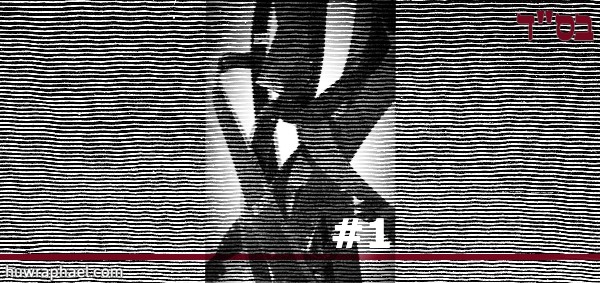
IC XC
✙
NI KA
Our Moral Theology Final was intended to be 8-10 mins long, although there was an additional 2 minutes in “grace” before our professor would begin deducting from our grade. The presentation text timed at exactly 10 minutes, in delivery it was more like 11:45. Unsurprisingly, the initial draft of the text touched on many more topics, it was 30 minutes long in the reading! After two days of editing for time, those many important – albeit secondary – topics were in the Google Docs trashbin. Most of these topics were simply fleshed out examples for the three additional dignities distinguished in Dignitas Infinita: moral, social, and existential dignity. What follows is an expanded version of one such topic. There will be at least two more.
Moral Dignity: Expanded Text
Moral Dignity receives the most-clear treatment in the DDF document. ¶7 reads, in part:
When we speak of moral dignity, we refer to how people exercise their freedom. While people are endowed with conscience, they can always act against it. However, were they to do so, they would behave in a way that is “not dignified” with respect to their nature as creatures who are loved by God and called to love others. Yet, this possibility always exists for human freedom, and history illustrates how individuals—when exercising their freedom against the law of love revealed by the Gospel—can commit inestimably profound acts of evil against others. Those who act this way seem to have lost any trace of humanity and dignity. This is where the present distinction can help us discern between the moral dignity that de facto can be “lost” and the ontological dignity that can never be annulled. And it is precisely because of this latter point that we must work with all our might so that all those who have done evil may repent and convert.
This is the clear road to “Love the sinner, hate the sin”. Sins, specifically, are beneath our moral dignity. This dignity is defined as related to the image of God in us, the natural law evident from our physical bodies, the command to “be fruitful and multiply”, as well as the grace to live out these realities, lost in our fall, but restored to us by the Holy Spirit in Baptism and the other sacraments. To act beneath this dignity is sin. The sentence is true in reverse as well: to sin is to act beneath this dignity. As the Fathers have said, “man is a creature of dirt given the vocation to become divine.” Anything that takes the human person away from this vocation is beneath our dignity.
We hear that such actions are “found among animals” as if that were, itself, enough to justify them. A proverb found in the pre-incarnation scriptures is repeated by St Peter. “As a dog returns to his vomit, so a fool repeats his folly.” (Proverbs 26:11, 2 Peter 2:22) The Apostle uses this proverb to indicate how easy it is for us to return to our previous sinful life after conversion. In our modern world the “conscience” is often described as “What I want to do.” or “What I feel like doing now.” This pulls even the human images of God into acting like dumb beasts and, in fact, terms from the animal world are often employed in areas of sexual excess. We know, via the “law written in our hearts” that such actions are transgressive and it is often the transgressive that makes such actions seem “hot”. Terms like “dirty”, “naughty”, and even “sinful” can be eroticized until they simply become sexual terms used in intimate – yet disordered – conversations.
Since most sexual sins require at least two participants, these actions compromise the moral dignity of two divine icons, human persons. This is even true in the consumption of adult content which impinges on the dignity of all persons involved in the production, distribution, and consumption of it. Given the realities of the digital economy, it is likely that even a random website (such as this one) is somewhat compromised by remote cooperation with evil.
Dignitas Infinita makes it clear that such actions occur within the state of our freedom, yet as we move deeper into the text we see that such initial actions of freedom can result in repetition and even an addictive response that goes beyond simply “feeling like I wanna” to “there is nothing else I can do.” The Fathers refer to this as becoming a “slave to one’s passions”. Even the person who “strives for a new normal” paralleling mongomy and marriage, is thus found to have compromised their moral (as well as social and existential) dignity so much as to be unable to respond in any other way. “Their God is their belly” as St Paul says.
One’s moral dignity can be compromised while one’s ontological dignity, as a bearer of the image of God, is always present. The Church must always work and pray to call the doer of evil to repentance and conversion. What is the evil in question? In the context of SSA (same-sex attraction) the evil is in the physical sexual expression of that evil. The Church defines only this action as a grave sin. Here, it seems, is a profound issue which we will address further in subsequent essays, but it is to be noted: if the action is beneath the dignity of a Human Being then the desire for such an action is also beneath the dignity of a human.

Leave a comment